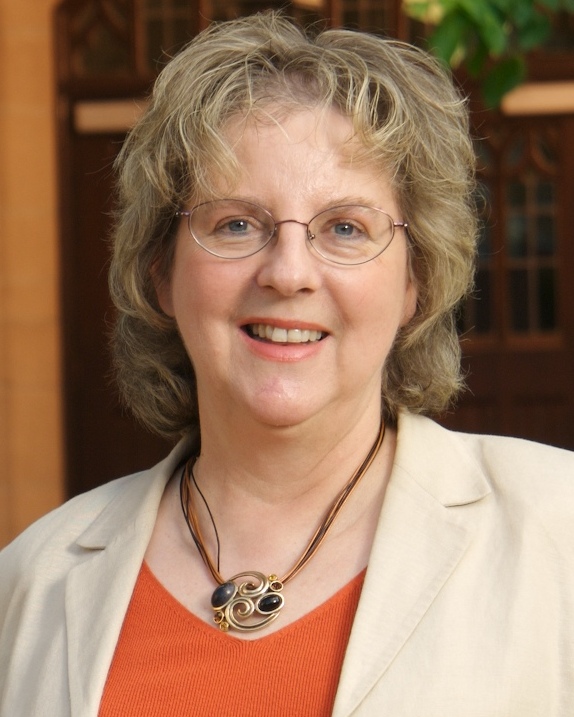
Dean Emihovich
I recall starting my January 2007 column by noting that the UF football team had just defeated Ohio State for the BCS National Championship. Now, two years later, I have the same opportunity. While we celebrated victory in both title games, a striking difference is how the second victory was achieved-a tough, gritty, pertinacious effort against a strong, formidable Oklahoma team. The Gators’ determination and resolve mirrors how we must approach the task of dealing with the severe fiscal crises at the state and national levels. We will have to buckle down and ask hard, and sometimes, painful questions about the College’s strategic directions, what goals we want to achieve, and how we intend to achieve these goals with diminished resources.
To succeed in this challenging environment, we must identify and secure new resources. One key strategy is to embrace the concept of partnerships and collaboration at all levels. Among faculty, serious and substantive discussions will need to occur in all degree programs about how to strengthen or revise programs in relation to the rich array of talent available not only within our college, but across the entire university. We also must find new ways to package our expertise in important areas such as teaching, learning, and assessment. In fact, CAPES (Collaborative Assessment and Program Evaluation Services) was started about a year ago for just this purpose, and it is already attracting great interest from the entire campus. As CAPES expands its resource base, it will be able to fund both faculty and staff to engage in work that helps support research-related activities.
College faculty also must become more involved in partnership activities with school districts. In this respect, we are very fortunate to have the Lastinger Center of Learning so deeply connected with our degree programs, especially the job-embedded master’s degree known as TLSI-the Teacher Leadership and School Improvement program, which has been exceptionally successful. Thanks to the outstanding leadership of center director Don Pemberton, assistant director Alyson Adams and their colleagues, powerful partnerships have been built with school districts across the state that are so well respected that districts are willing to contribute funds in a time of scarcity to support teachers to enroll in TLSI. This model has led to significant improvements in teacher quality in high-need schools; under a new national administration, we hope this model will receive greater recognition and encourage other colleges of education to emulate it.
Finally, as a college of education at an AAU Research I university, we need to boost our research productivity and level of external grant funding. We have made major strides in this area, but in these tough economic times even greater effort will be needed. Our Office of Educational Research (OER) is ready to assist faculty in this regard, especially in seeking cross-disciplinary, collaborative grants with units not just on this campus, but with other partners across the nation and world. UF’s highly successful Science for Life program funded by the Howard Hughes Medical Institute is an excellent prototype, and college faculty who are deeply involved have already received separate grants from major funders (NSF) for related activities.
While the formidable challenges we face should not be minimized, the strong relationships that have already been established through multiple venues auger well for our college to succeed and even flourish by identifying and responding to opportunities that will set the standard for how colleges of education will be defined in the 21st century.